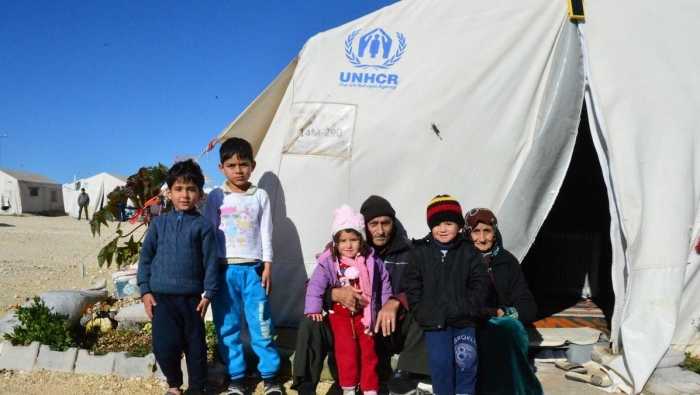Baladi News
As the Syrian war approaches its eighth anniversary next month, the reality of the nation’s revolution-gone-wrong could not be starker. Millions have been displaced inside and outside the country, and upwards of 560,000 have been killed.
Yet beyond resolving the ongoing military conflict, and the consequent death and destruction it causes, the impact of the war on Syria’s health is a battle that will continue for many years to come, says Dr Mohammed Jawad, a PhD candidate researching armed conflict and health at Imperial College, London.
“The indirect impact is very wide-reaching, truly devastating and, importantly, really difficult to calculate,” he explains. Over 13 million people have been forced to leave their homes and about half have stayed inside Syria, and half have left to other countries.
“So even if these 13 million people have never experienced any direct armed conflict-related stresses, like torture or rape or the loss of a loved one, the mere process of being forced to leave your home can have a really tremendous effect on your mental and physical well-being.”
The stress of the seven-year war is also likely to create an ongoing impact that will last for years to come, with trauma and anxiety increasing blood pressure and the consequent risk of heart disease. “The stress can even lower the immunological response or your immune system and make you a lot more vulnerable to infectious diseases and even some cancers,” Jawad points out.
One of the most brutal hallmarks of the Syrian conflict has been the systematic targeting of hospitals and medical facilities by the Assad regime. In the first six months of 2018, the Syrian government and Russian allied forces attacked hospitals a record 92 times, in clear violation of international law. Witnesses state that drones followed ambulances prior to the bombings to establish hospital locations.
Sieges have been a defining strategy in the Syrian conflict, with the regime and international coalition against Daesh both conducting long-term blockades on towns and cities, affecting tens of thousands of civilians.
Numerous sieges were conducted in 2018, perhaps most famously on the Damascus suburb of Eastern Ghouta, which had been blockaded for five years. The regime had tightened the siege in the months before the city fell, closing tunnels that were used to smuggle essential items and intensifying shelling. The heaviest day of the bombardment was recorded as 21 February 2018, with the regime launching some 1,658 attacks in just 24 hours.
Finally, Jawad concluded saying: “What will probably happen is that more people are being exposed to the direct effects of war over a longer period of time which will create a lot more physical and emotional scars for generations to come.”
Source: Middle East Monitor.

